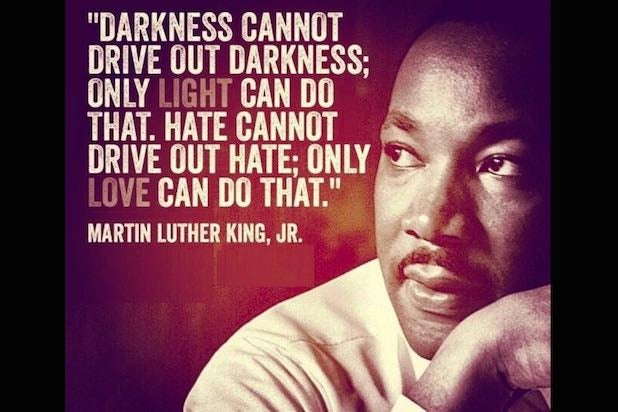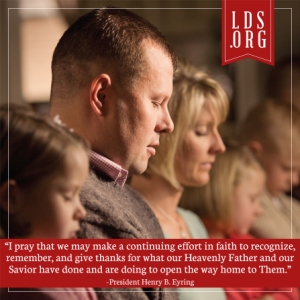
- For the past four years, I have noticed an acceleration of political polarization. In response, I have attempted to maintain a modicum of objectivity in assessing President Trump and his Democrat Party opponents.
- Alas President Trump’s recent efforts to stir up resentment, division, contention, and ultimately riots disgust me. While rioters should be punished for their own sins, one can’t deny the President’s transgression and contribution to civil unrest.
- Despite his divisive tone, most non-partisans would generally agree that there have been some substantial American successes over the past four years. Yet the President’s response to the election may define and caricature his legacy.
- President Trump’s response to the election is un-American and inconsistent with our moral foundations.
- Violence weakens. The United States of America has been substantially weakened in 2020. Ironically, the President is not solely culpable; his political adversaries have also contributed. The past four years characterize incessant polarizing rhetoric. While his contributions to the Capitol riots are to be condemned, it doesn’t take much effort to find mirrors in his political opponents stirring up narratives of hopelessness and powerlessness. Just as President Trump failed to immediately denounce his extremist supporters, his opponents similarly failed to unequivocally condemn the riots, violence, and chaos of 2020. His adversaries don’t bear the mantle of responsibility of the President, but all bear responsibility for their own conduct.
- As we celebrate the birth and reflect upon the life of the Reverend Dr. Martin Luther King, Jr. we see a contrasting example of selfless, principled leadership. He was mortal and imperfect, but he was also honorable. He offered hope in his admirable, visionary dream of racial equality. He didn’t complain that “the system” is irreparably rigged, inherently flawed, or needed to be overthrown; he promoted specific changes through non-violent means that moved America toward deliverance from scars and stains of past sins. He was decidedly pluralistic and warned in his last book Where Do We Go From Here? about the perils of separatism and the use of the terms that promote power within groups. He appealed to moral foundations of care, fairness, liberty, authority, loyalty, and sanctity. I tend to believe he would likely have concerns about both major political parties focus on remaining in power (R.I.P.), recognizing power-preservation is paradoxically paralyzing in a pluralistic society. While his economic views clearly leaned left toward democratic socialism, I wonder what he would think about the left’s unwillingness to condemn, and in some cases condone, violence. What would he think of the prioritization of secularism over faith? Both major political parties’ inability to stand on principle, unite, and self-correct are anathema to his vision and dream. Would he have proposed an alternative? A party of redemption?
- All mortal entities require redemption, for there are no perfect institutions nor humans. Mortals require flexibility and self-correction to survive. Indeed flexibility is the key to our mental, social, and political health. Redemption requires reflection, learning from experience, and self-correction. I need that; my family needs that; my community needs that; my nation needs that. Redemption is change. The Reverend Dr. Martin Luther King, Jr. embodied constructive change! Can America change? Can politics change? Can America redeem itself? Can we learn from principles of constructive disagreement to find better solutions?
- As we approach a transfer of presidential administrations, might we also be agents of change and redemption in our own lives, families, community and nation? Can we practice constructive disagreement by practicing the following charge to change?
- Common ground – Appeal to our common humanity, seeing the dignity of every person.
- Humility – Demonstrate humble confidence in acknowledging the weak and fallen state of men, women, and communities in need of redemption, repentance, and forgiveness.
- Appreciation – Express gratitude for differences, humble awareness of our country’s blessings, and understanding where we can go in the future.
- RedemptioN – Humbly invite yourself and others to move from a fallen and self-centered state toward something better for all (spiritual, temporal, political, etc.). Repent, forgive, redeem.
- Generosity – Give the benefit of the doubt to people different than yourself, believing that non-violence will appeal to our common humanity more than violence.
- Empathy – Recognize and understand the impact of decisions, behavior, and events on others.
- The Reverend Dr. Martin Luther King, Jr. helped unite America by elevating those who were oppressed and marginalized without destroying or harming others. He once wrote that “integration is not an obstacle, but is an opportunity to participate in the beauty of diversity.” I hope we can remember and build upon his legacy.
#RedeemUSA #MLKChargetoChange #ConstructiveDisagreement

